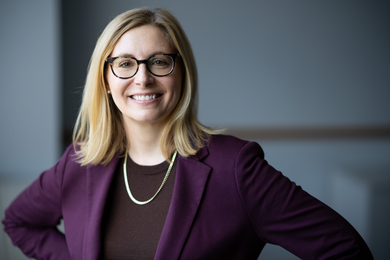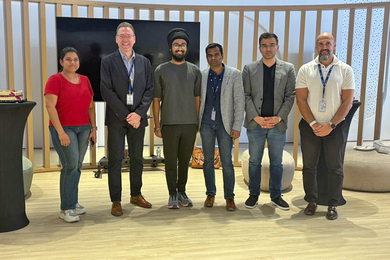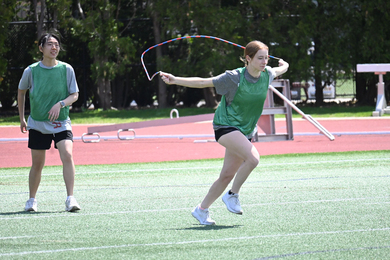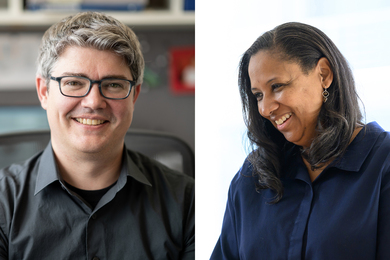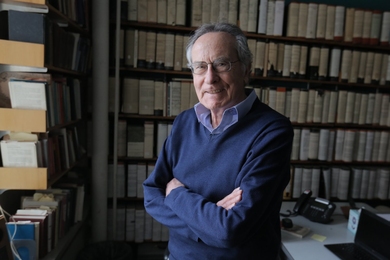Over MIT’s Independent Activities Period (IAP) in January, Katrine Tjolsen, an MIT senior in electrical engineering and computer science, interned with Pimp my Carroça in São Paulo through the MIT-Brazil Program. On Feb. 24, she presented a poster detailing her efforts at MIT’s Waste Research and Innovation Night.
Pimp my Carroça is a nonprofit organization that addresses the lack of social and financial recognition for Brazilian waste pickers. Tjolsen explains, “About 1 percent of the urban population in developing countries pick recyclable materials to earn an income. [They] are responsible for 50-100 percent of the waste collection in developing countries, [yet] waste pickers are typically poorly compensated and not appreciated by society as a whole.” The Pimp my Carroça initiative paints trash collection carts or carroça to promote the city’s waste collectors as leaders for sustainability. Thanks to this program, community members are now able to call the nonprofit and request trash pick-ups from a network of waste collectors.
During her time at Pimp my Carroça, Tjolsen worked on RECO, a new application that seeks to improve the compensation of catadores, or collectors. “RECO connects waste pickers with people who want to recycle and thereby helps increase the quantity and quality of materials the waste pickers have access to,” Tjolsen says. “Simultaneously, the application turns the waste pickers into service providers and contributes to altering the social perception of them.” Tjolsen developed a prototype and framework that continues to be worked on today. Pimp my Carroça plans to launch RECO later this spring.
Tjolsen represents just one of the 17 students who traveled to Brazil this IAP through the MIT-Brazil Program. Launched in 2009, MIT-Brazil offers cost-neutral internship, research, and teaching opportunities to MIT undergraduate and graduate students. “More than just providing opportunities for travel and cultural exchange,” Tjolsen says, “MIT-Brazil plays an important role as a connector between organizations with interesting problems and MIT community members wanting to tackle such problems.”
One of 19 country programs within MIT International Science and Technology Initiatives (MISTI), MIT-Brazil supports MIT’s educational mission by creating hands-on learning experiences for MIT students, and bolsters the Institute’s research mission by promoting collaborations between MIT faculty members and their counterparts in Brazil through the MIT-Brazil Seed Funds. MIT-Brazil is a program within the School of Humanities, Arts, and Social Sciences (SHASS).



